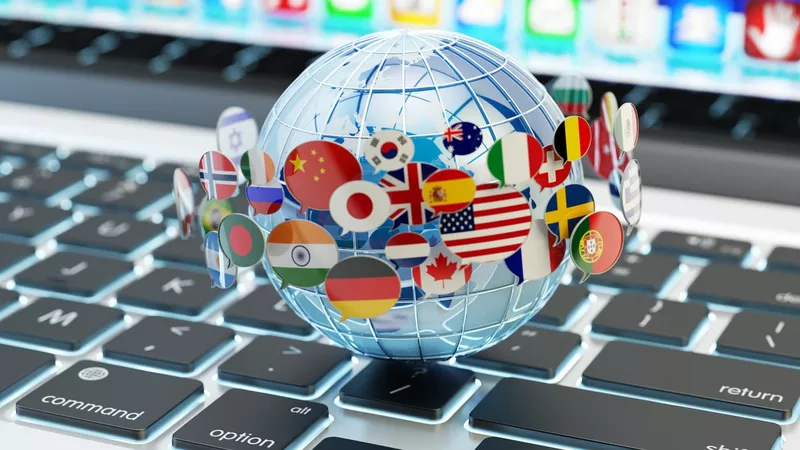In a world that’s more interconnected than ever before, the importance of translation cannot be overstated. As cultures, businesses, and individuals seek to communicate across linguistic barriers, the role of translators, or “преводсч” in Bulgarian, becomes increasingly vital. Let’s delve into the multifaceted world of преводсч, exploring its significance, challenges, and evolving landscape.
Understanding Преводсч:
Преводсч, the Bulgarian term for translator, encompasses a wide range of linguistic professionals who bridge the gap between languages. These individuals possess a deep understanding of not just the languages they work with, but also the cultural nuances that can significantly impact communication. Whether it’s translating literary works, legal documents, technical manuals, or business contracts, преводсч play a crucial role in ensuring accurate and effective communication across borders.
The Art of Transcreation:
Beyond literal translation, преводсч often engage in transcreation, a process that involves adapting content from one language to another while preserving its meaning, tone, and cultural relevance. This artful approach is particularly important in marketing and advertising, where capturing the essence of a message is essential for connecting with diverse audiences. Skilled преводсч possess not only linguistic proficiency but also creativity and cultural insight to successfully transcreate content.
Challenges and Complexities:
Despite advancements in translation technology, the work of преводсч remains complex and challenging. Idioms, colloquialisms, and cultural references can pose significant hurdles to accurate translation, requiring преводсч to navigate linguistic subtleties with finesse. Additionally, maintaining consistency in terminology and style across lengthy documents or multi-language projects demands meticulous attention to detail and expertise in the subject matter.
Technology’s Impact on Translation:
Advancements in machine translation technology have undoubtedly transformed the translation landscape. While tools like Google Translate offer convenience and accessibility, they often fall short in capturing the nuances of language and context. However, преводсч have adapted by leveraging technology to enhance their efficiency and accuracy. Computer-assisted translation (CAT) tools aid in terminology management, consistency checks, and workflow optimization, empowering преводсч to deliver high-quality translations more efficiently.
Specialized Fields and Expertise:
The demand for specialized translation services continues to grow across various industries. Legal, medical, technical, and financial sectors rely on преводсч with expertise in their respective fields to accurately translate highly specialized terminology and complex documents. These specialists undergo rigorous training and stay abreast of industry developments to ensure precision and compliance with industry standards and regulations.
Cultural Mediators and Ambassadors:
Преводсч not only facilitate linguistic exchange but also serve as cultural mediators and ambassadors. By conveying cultural nuances and context, they help bridge cultural gaps and foster mutual understanding between individuals and communities from different backgrounds. In an increasingly globalized world, the role of преводсч as cultural ambassadors becomes increasingly valuable in promoting cross-cultural communication and appreciation.
The Future of Преводсч:
As the world continues to evolve technologically and culturally, the role of преводсч will remain indispensable. While machine translation will continue to advance, human translators will continue to play a crucial role in preserving linguistic and cultural integrity, particularly in sensitive or complex contexts. Collaboration between преводсч and technology will likely become more seamless, with translators harnessing the power of artificial intelligence to enhance their productivity and accuracy.
In conclusion, преводсч play a pivotal role in facilitating communication and understanding in our increasingly interconnected world. Beyond mere linguistic translation, they serve as cultural ambassadors, mediators, and experts in their respective fields. As technology continues to evolve, the future of преводсч will undoubtedly be shaped by innovation, collaboration, and a steadfast commitment to excellence in bridging linguistic and cultural divides.

